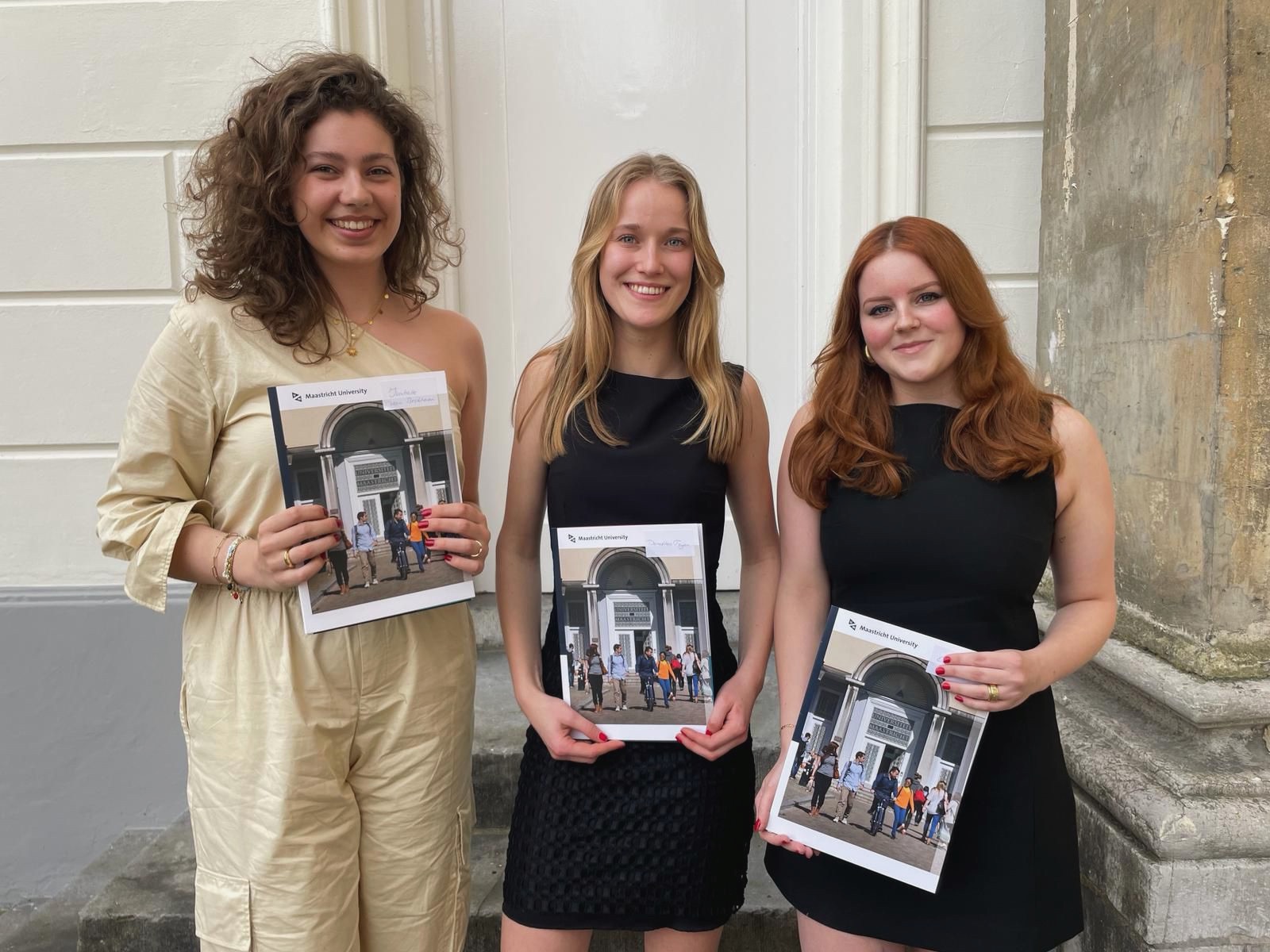Resilience in Times of Forced Displacement: The Interlinkage between Social Protection and Right to Work
Resilience is a fascinating word. According to the Oxford Dictionary, it is “the ability of people or things to recover quickly after something unpleasant”. Therein, it suggests agency, the ability to change. But too often we find ourselves confronted with external influences that can have long-lasting effects on our lives we may not be able to control, such as displacement resulting from conflict and violence. While displacement prevents quick recovery, can we truly say that refugees lack resilience? And how can we support this?


Dr. Tamara A. Kool
Researcher at UNU-Merit
tamara.kool@maastrichtuniversity.nl
When we look at displacement, we find that the average refugee displacement lasts up to 10 years and the majority of those who have fled, fled to neighbouring countries, which are often low and middle income countries (LMICs). The protracted nature of displacement makes refugees particularly vulnerable to prolonged deprivation. However, while they encounter restrictions (such as financial limitations, lack of social capital, limited right to work, or lack of mobility), it would be a falsity to see them solely as dependants and overlook their ability to enact upon their agency. It has been widely established that refugees find their way to the labour market despite facing obstacles in utilising their human capital.
From a policy angle, several elements are critical to support refugees in acting on their agency. I argue that two are especially key in enabling forcibly displaced to engage in the host society in an equal manner: the ability to engage in the labour market, and the inclusion within state-led social protection systems. Both are intricately intertwined.
Right to work
On the one hand, we need to look at how their ability to engage in the labour market is shaped. While the Right to Work is key, we need to understand how it interacts with other refugee-related policies pertaining to refugee status, mobility, and encampment amongst others. Each of these policies is subject to its own challenges and limitations. In turn, these intricacies affect the extent to which individuals are able to engage in the labour market in an inclusive manner.
My doctoral research underlines the notion that we need to acknowledge the ability of individuals to shape their agency and livelihood despite the limitations resulting from these different policies. However, it is not enough to only look at whether individuals participate in the labour market (albeit formal or informal) but we should also consider the extent in which they are able to engage in an equal manner considering both within-group variation (different groups of refugees) as well as between-group variation (host community vs. refugees).
The study shows that the ability of protracted refugees to engage on the labour market is curtailed and shaped through the intersection of the different rights. The manner in which individuals engage differs according to their background, where they are from, or where they live. From a policy perspective, this heterogeneity matters. Unless a critical lens is taken in the design of policies that seek to promote labour market inclusion of refugees, the adopted policies can actually have the opposite effect and result in exclusion of individuals.
Social protection
On the other hand, if we want to achieve a transformative approach that enables individuals to engage in society in an equal manner, support systems are key. Within the field of social protection, a comprehensive analysis of how social protection can protect, prevent, promote and transform individuals’ lives is required. Taking a transformative social protection approach is key to realise social justice and reduce inequality and discrimination.
Social protection is therefore key not only to protect refugees against abject poverty, but also to prevent them from falling into (further) poverty resulting from shocks such as illness, unemployment, or old age. As such, there is a direct link between the social protection system in place and the right to work as various programmes – such as cash for work programmes and social insurance – are directly linked to the ability to engage in the labour market formally. So, what is the current status?
To date, the provision of support to refugees in LMICs primarily falls under the responsibility of international actors. However, following the 2016 Humanitarian Summit, there has been increasing attention to include social protection within any strategy on forced displacement. Indeed, from an international law perspective, the right to social security is enshrined in both the International Convention of Economic, Social and Cultural Rights, as well as the Convention Relating to the Status of Refugees to name a few.
Still, the ability of individuals to access the state-led social protection systems depends on a multitude of factors ranging from the host country’s legal framework, the maturity of the social protection system in place, the design of social protection and the ability of social protection programmes to address crise.
Moreover, research undertaken with some of my students has showcased that the political layers and interest of the different stakeholders are highly complex, which challenge the desired transition from humanitarian aid to inclusion of refugees into state-led social protection system. Factors influencing these choices include both national state interests such as security and social cohesion, as well as international donor relations. The latter may result in the adoption of shock responsive social protection mechanisms that enable refugees to access social protection, but which also create a dependency on international funding and therefore leaves to wonder what happens when the donor steps away.
As such, to argue for policies that promote resilience of refugees through social protection and right to work is not enough when taken on a stand-alone basis. The political economy, the status of the economy, and different policies each play a role in shaping individuals’ ability to remain subject to several conditions and political will. Furthermore, unless the interaction between policies is recognised, we find ourselves reinforcing existing patterns of exclusion where different groups of refugees may not be equally able to enact upon their own agency. That is not to say that they lack agency altogether, but rather some have additional hurdles to overcome.
Also read
-
The Honours programme is an extracurricular activity for bachelor’s students in year 2 and 3 to showcase their academic skills and teamwork in a real-life project. We talked to Emma van Straten, a Health Sciences student and Honours alumna who organised an international conference on Lama2 in...
-
The University Council of Maastricht University (UM) is holding a confidential today.
-
The Executive Board Executive Board and the University Council of Maastricht University (UM) met today and discussed both the protests at UM and the underlying issue of international cooperations.

